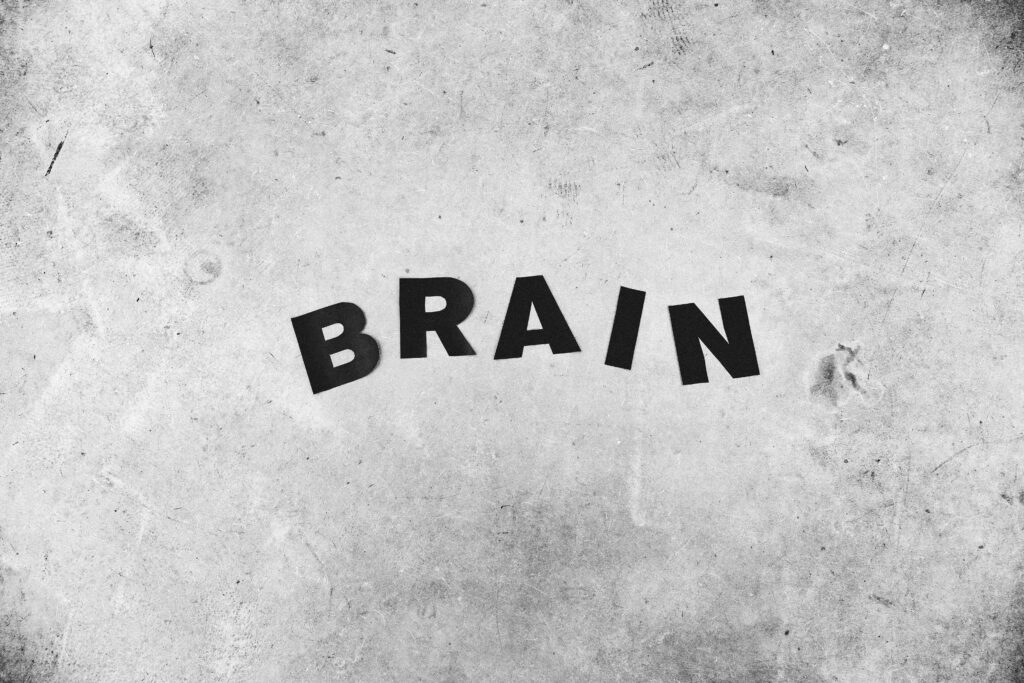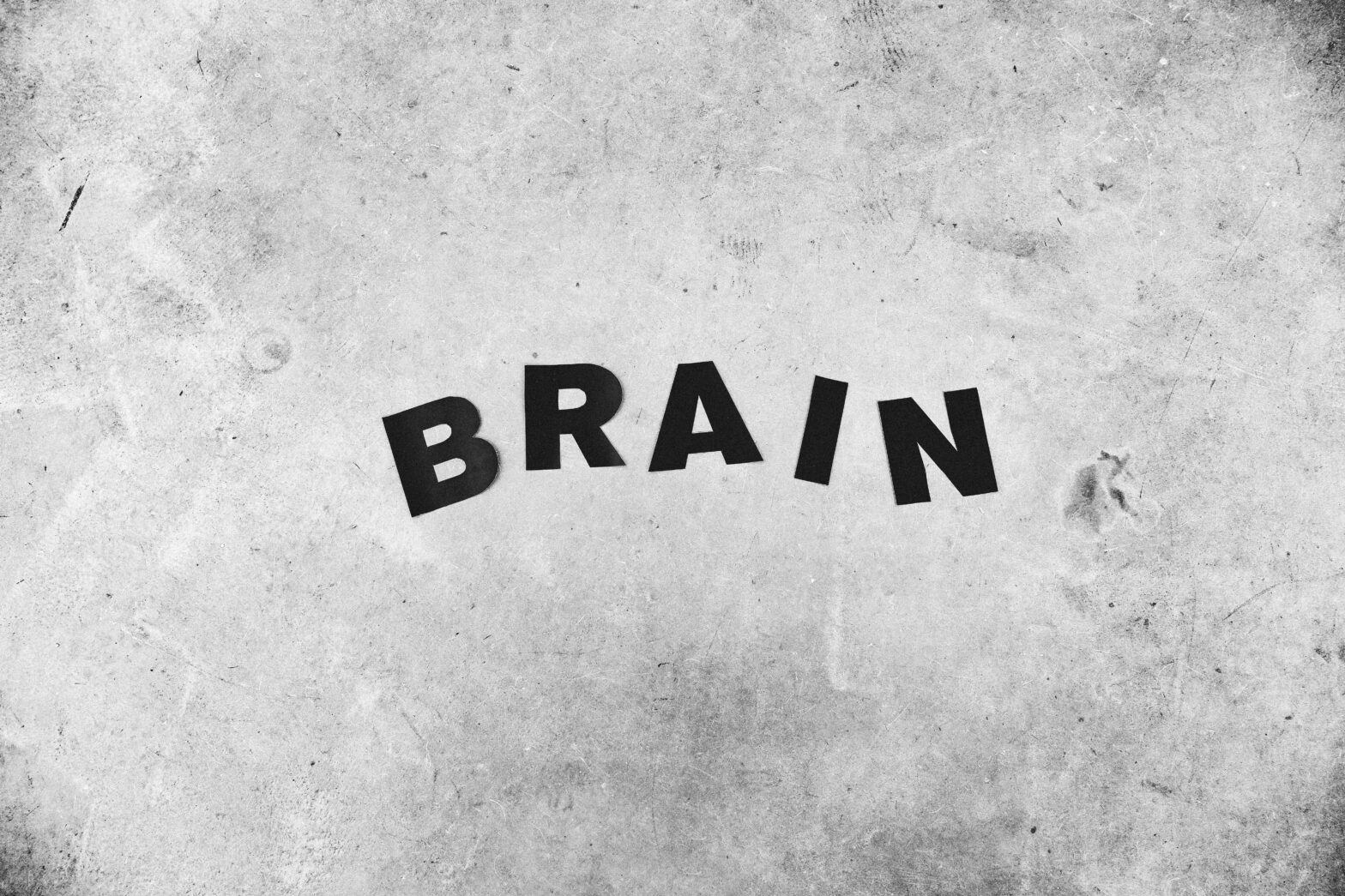Understanding the Causes and Duration of Hiccups
Hiccups, involuntary contractions of the diaphragm muscle, can be both an annoyance and a source of discomfort. This article aims to shed light on the causes and duration of hiccups, providing insights into their triggers and potential complications. While hiccups can be triggered by various factors such as eating a large meal, consuming alcoholic or carbonated beverages, or experiencing sudden excitement, they typically last for a few minutes. However, in rare cases, hiccups can persist for months, causing significant disruption to daily life. Additionally, hiccups may be caused by nerve damage, central nervous system disorders, metabolic issues, and certain drug and alcohol problems. Understanding the underlying causes and potential complications of hiccups is essential for effectively managing and treating this common yet misunderstood condition.

Causes of Hiccups
Hiccups are involuntary contractions or spasms of the diaphragm muscle, which is a large dome-shaped muscle located beneath the lungs. These spasms cause the vocal cords to close, resulting in the characteristic “hic” sound and sensation. While hiccups are generally harmless and short-lived, they can be quite bothersome and even embarrassing in certain situations. Understanding the causes of hiccups can help in managing and preventing them.
Spasms of the diaphragm muscle
The diaphragm muscle plays a crucial role in respiration by contracting and relaxing to help with breathing. However, certain triggers can cause the diaphragm to contract involuntarily, leading to hiccups. These triggers can vary from person to person and may include factors such as eating a large meal, drinking alcoholic or carbonated beverages, sudden excitement, or even nerve damage. The exact mechanism behind these spasms is not yet fully understood, but it is believed to involve the interaction between the diaphragm muscle and the nerves that control it.
Eating a large meal
One common cause of hiccups is overeating or eating a large meal. When a person consumes an excessive amount of food, the stomach becomes distended and pushes against the diaphragm. This distension can irritate the diaphragm and trigger spasms, leading to hiccups. The pressure exerted by the distended stomach on the diaphragm can disrupt its normal rhythm, resulting in the characteristic sound and sensation of hiccups.
Drinking alcoholic or carbonated beverages
Alcoholic and carbonated beverages are known to be potential triggers for hiccups. Both alcohol and carbonation can irritate the diaphragm, leading to spasms. Alcohol, in particular, has a relaxing effect on the muscles, including the diaphragm. When consumed in excess, it can cause the diaphragm to contract involuntarily and result in hiccups. Similarly, the carbonation in beverages like soda can also irritate the diaphragm and contribute to hiccup episodes.
Sudden excitement
Sudden excitement or emotional arousal can also serve as a trigger for hiccups. When a person experiences a sudden burst of adrenaline due to excitement or anxiety, it can disrupt the normal functioning of the diaphragm. Adrenaline is known to stimulate the central nervous system and can potentially interfere with the coordinated movements of the diaphragm, leading to hiccups. While hiccups caused by sudden excitement are usually short-lived, they can be persistent in some cases.
Nerve damage
Nerve damage can impair the normal functioning of the diaphragm and contribute to the occurrence of hiccups. Various factors can cause nerve damage, including certain medical conditions, trauma, or surgery. When the nerves that control the diaphragm are damaged or disrupted, it can lead to irregular contractions and spasms, resulting in hiccups. Conditions such as multiple sclerosis, stroke, or even tumors can affect the nerves and increase the likelihood of experiencing hiccups.
Central nervous system disorders
Disorders affecting the central nervous system can also be linked to the occurrence of hiccups. The central nervous system plays a crucial role in coordinating the various muscles involved in respiration, including the diaphragm. Conditions such as meningitis, encephalitis, brain tumors, or even strokes can disrupt the normal functioning of the central nervous system and lead to hiccups. These disorders interfere with the proper communication between the brain and the diaphragm, causing involuntary contractions and hiccups.
Metabolic issues
Metabolic issues, such as hormonal imbalances, can also contribute to the occurrence of hiccups. Hormones play a vital role in regulating the body’s physiological processes, including the functioning of muscles. Imbalances in hormones like cortisol and thyroid hormones can potentially disrupt the normal rhythmic contractions of the diaphragm, leading to hiccups. Additionally, conditions like diabetes or kidney failure can lead to the accumulation of metabolic byproducts that can irritate the diaphragm and trigger hiccups.
Certain drug and alcohol problems
Some medications and substance abuse can also be associated with hiccups. Certain medications, such as opioids, benzodiazepines, or barbiturates, can affect the central nervous system and increase the likelihood of hiccups. Additionally, excessive alcohol consumption or substance abuse can lead to diaphragm irritability and spasms, resulting in hiccups. It is important to note that hiccups induced by these factors are often temporary and can cease once the underlying cause is addressed.

Duration of Hiccups
In most cases, hiccups are short-lived and usually resolve within a few minutes. However, there are rare instances where hiccups can persist for a longer duration, ranging from hours to months. These prolonged cases of hiccups are known as chronic hiccups. Chronic hiccups can be debilitating and may require medical intervention to manage.
The exact cause of chronic hiccups is often difficult to determine. It is believed to involve a combination of factors, including nerve damage, underlying medical conditions, or even psychological factors. Chronic hiccups can significantly impact a person’s quality of life, causing difficulty in eating, drinking, sleeping, and speaking. Seeking medical attention is crucial in these cases to identify and address the underlying cause of the hiccups.

Complications of Hiccups
While hiccups are usually harmless and self-limiting, they can occasionally lead to complications. These complications arise from the persistent and disruptive nature of hiccups, particularly chronic hiccups. Some of the potential complications of hiccups include:
Difficulty eating
Hiccups can make it challenging for individuals to eat comfortably. The spasms of the diaphragm interrupt the normal swallowing process, leading to disruptions in the intake of food and liquids. This can result in discomfort, reduced appetite, and even malnutrition in severe cases.
Difficulty drinking
Similar to eating, hiccups can interfere with the act of drinking. The repetitive contractions of the diaphragm can cause liquids to be inhaled or ingested in an uncoordinated manner, leading to choking or coughing. This can make it difficult for individuals to stay hydrated and can pose a risk to their overall well-being.
Difficulty sleeping
Persistent hiccups, especially during nighttime, can disrupt sleep patterns. The constant interruptions can prevent individuals from achieving restful and uninterrupted sleep, leading to fatigue, irritability, and decreased productivity during the day.
Difficulty speaking
Hiccups can affect the rhythm and flow of speech. Individuals may experience frequent interruptions or pauses due to hiccups, making it challenging to communicate effectively. This can be particularly frustrating in professional or social settings, where clear and uninterrupted speech is essential.
In conclusion, hiccups are primarily caused by spasms of the diaphragm muscle. Triggers such as eating a large meal, consuming alcoholic or carbonated beverages, sudden excitement, nerve damage, central nervous system disorders, metabolic issues, and certain drug and alcohol problems can lead to the occurrence of hiccups. While most hiccups are short-lived and harmless, chronic hiccups can cause significant disruptions and complications in daily life. Seeking medical attention is recommended if hiccups persist or interfere with normal functioning.
